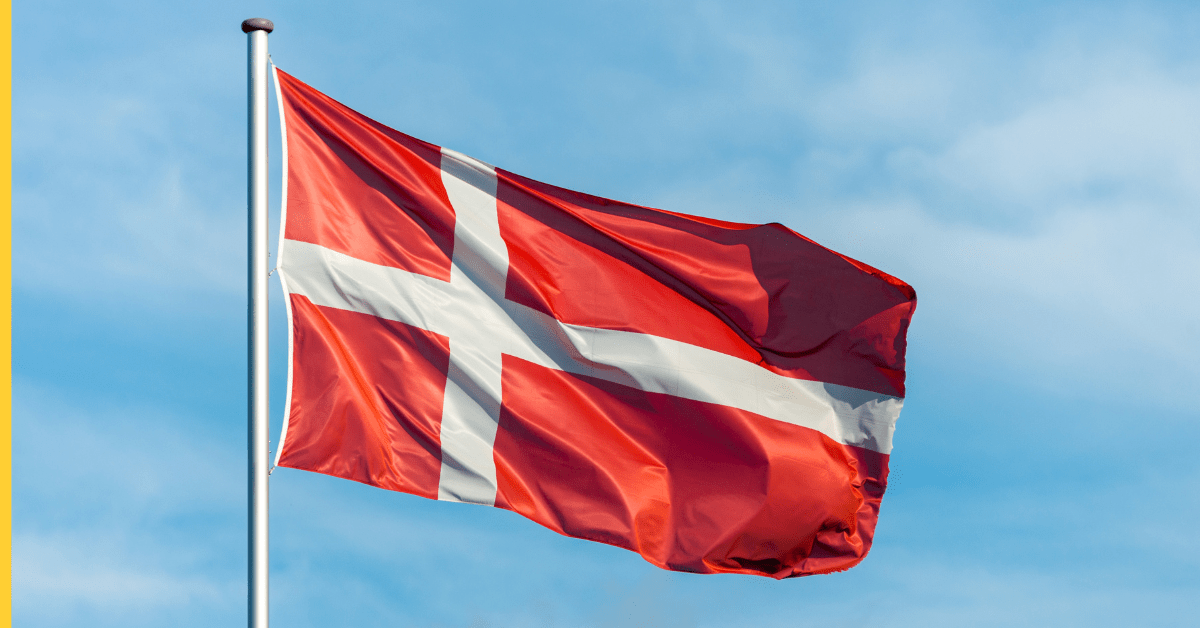
On 26 June, the court in Frederiksberg ruled in favour of the Danish Gambling Authority (DGA) to block 178 websites found to be offering gambling services to Danish users without a licence.
Among the more recognisable names on the list is BetUS, but many of the blocked sites are simply mirror versions of others. Of the sites listed, 76 appear to be replicas of the Verde Casino brand.
The decision mandates Danish telecom providers to restrict access to these websites through DNS blocking.
This marks a significant increase in enforcement activity, with the 178 blocked websites representing the most extensive single court-approved action since site blocking began in 2012.
The DGA has now blocked a total of 616 websites since then, demonstrating a clear shift in its regulatory paradigm, with a stronger emphasis on frequency and scope of enforcement.
The move is a direct result of policy changes initiated by the regulator in 2023. Prior to that year, the DGA typically brought just one annual case to court seeking website blocks.
However, due to the increasing prevalence of unlicensed operators targeting the Danish market, the Authority began pursuing court orders biannually from 2024.
This procedural change has provided the impetus for quicker and broader shutdowns of unauthorised gambling platforms.
Director of the DGA Anders Dorph acknowledged the ongoing challenge of combatting illegal gambling, but emphasised the agency’s strengthened capability to act.
He noted that despite the persistent emergence of such sites, the authority is better equipped to detect and act against them thanks to improved internal monitoring tools and court cooperation.
According to Dorph, ramping up the blocking frequency helps ensure faster consumer protection and regulatory compliance.
The process by which sites are blocked involves several steps. First, the DGA identifies a website offering gambling services without the required Danish licence.
The operator is then given the opportunity to cease operations voluntarily. If there is no compliance, the authority contacts telecom companies to block the website.
These providers, in turn, require a legal ruling confirming the site’s illegality before implementing the DNS (Domain Name System) block.
A DNS block prevents users from accessing the illegal website by intercepting the connection attempt and redirecting users to a warning page issued by the regulator.
The warning page informs users that the site is illegal and has been blocked in accordance with Danish law.
Under current Danish regulations, any entity that offers or markets gambling services to Danish users without an official licence is considered to be acting illegally.
Indicators that a website is targeting Denmark include the use of the Danish language or currency, the acceptance of Denmark-exclusive payment methods, Danish-language customer support, and betting options that focus specifically on local sports leagues or cultural interests.
Platforms linked via digital services such as Steam are also scrutinised if their offerings appear geared towards Danish consumers.
The regulatory onus lies in ensuring consumer safety and market integrity. Licensed operators must adhere to strict rules concerning responsible gambling, anti-money laundering, and customer protection.
Unlicensed operators are not bound by these requirements, exposing users to greater financial and data security risks. By blocking illegal sites, the DGA aims to alleviate these risks and steer consumers towards licensed platforms that provide proper safeguards.
The decision to intensify blocking actions also comes amid broader European efforts to counteract unlicensed gambling.
Several EU member states have similarly increased their regulatory scrutiny and legal enforcement in recent years.